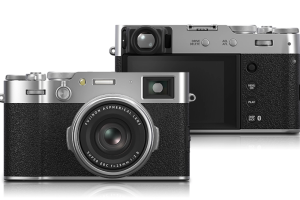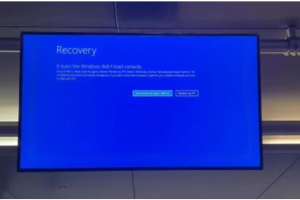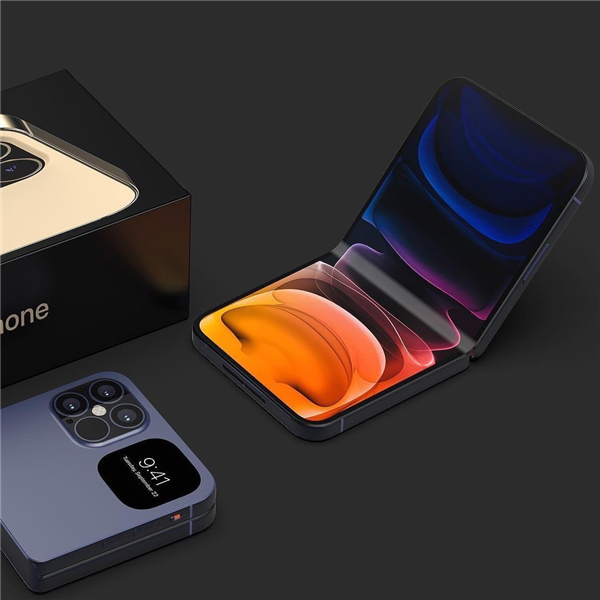March 11, 2024 – Camera sensors, a crucial component in smartphones, have long been dominated by Sony as the world’s leading manufacturer. However, Samsung, with its System LSI division producing ISOCELL-branded sensors, holds a strong second position globally. While Samsung’s Galaxy phones have predominantly featured the company’s in-house sensors, a new development might change this scenario.

According to South Korean tech publication ETNews, Samsung is considering incorporating more Sony camera sensors into its future smartphones. This shift is reportedly facilitated by Sony Semiconductor Solutions’ plan to relocate a portion of its sensor production from Japan to South Korea. The move aims to expand and strengthen Sony’s sensor supply to Samsung. Sources indicate that Sony has already engaged in discussions regarding packaging and testing processes with its Korean backend partners, including LB Semicon, NGion, ALT, and ASE Korea.
Under this arrangement, camera image sensor wafers will be transported from Japan to Korea for packaging and dicing into individual chips. Sony has mandated these Korean companies to provide Class 10 clean rooms for the backend processes. A Class 10 clean room maintains an environment with fewer than 10 dust particles (larger than 0.5 microns) per cubic foot, minimizing contamination risks to the chips. These Korean firms will also handle processes like wafer sawing and reconstruction, selecting high-quality chips and rearranging them.
An industry insider with knowledge of the matter stated, “Samsung’s mobile division (MX) is fostering internal competition by planning to use a mix of sensors from both Sony and its System LSI unit in its smartphones. Sony, in turn, is expanding its backend operations to Korea to better cater to this demand. My understanding is that this plan is well underway.”
Evidently, Samsung’s mobile division aims to stimulate healthy competition between Sony Semiconductor Solutions and its System LSI subsidiary. This strategy is expected to accelerate the adoption of new technologies and drive down costs for Samsung. Currently, Sony commands over 50% of the global mobile camera sensor market, significantly ahead of Samsung, which holds a 10% share.












